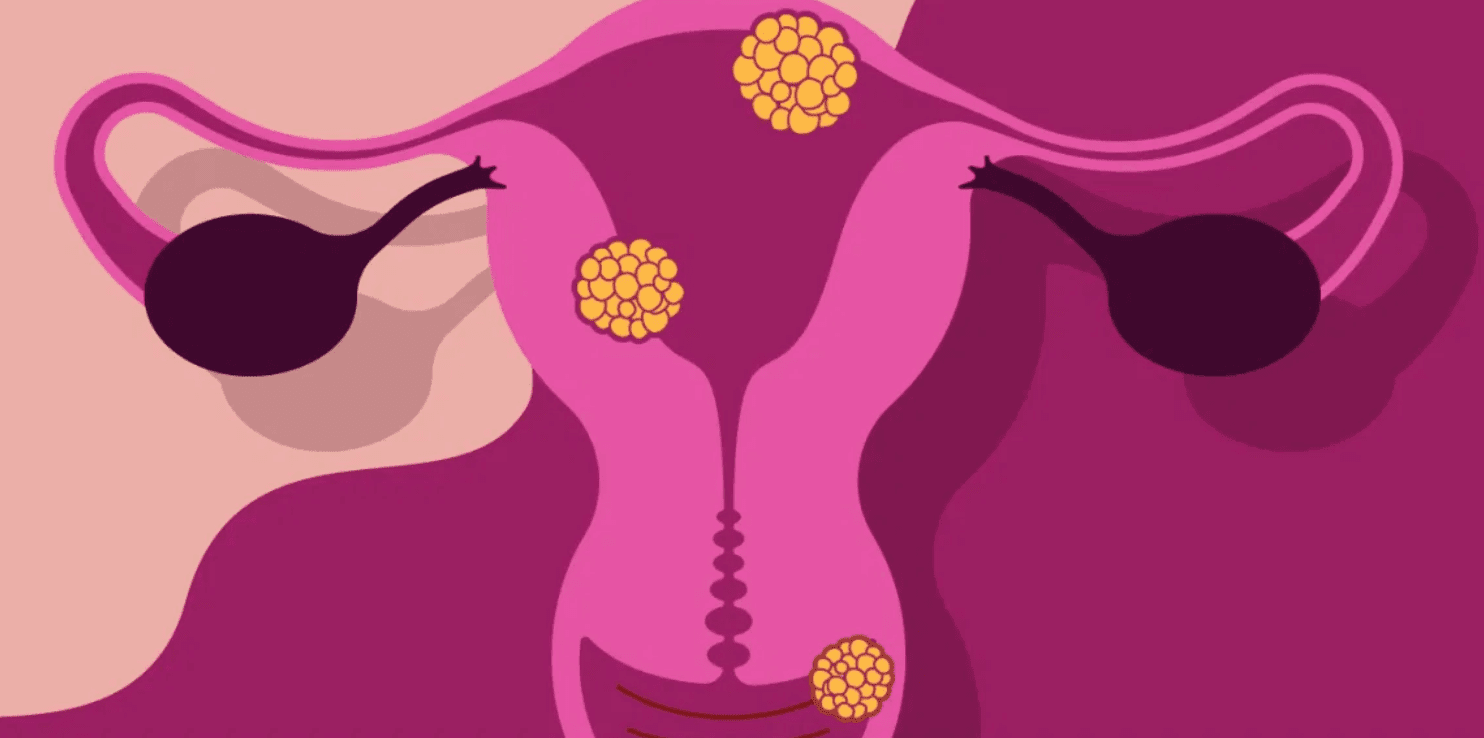Bacterial Vaginosis Symptoms

Managing Bacterial Vaginosis Symptoms
Managing Bacterial Vaginosis Symptoms
It’s estimated that approximately 1 in 10 women have bacterial vaginosis (BV) at some time in their life. It may be much more common than this, as many cases are mild and cause no symptoms. In fact, BV is at least twice as common as vaginal thrush.
Any woman can be affected by BV, but it’s more common in women who have an intrauterine contraceptive device (IUD). One study found that about half of women using an IUD had at least one episode of BV over two years.
Click on the questions below:
- What are the symptoms of BV?
- What is the cause of BV?
- Have you had a checkup?
- Is BV a sexually transmitted disease?
- Why does it keep coming back?
- Do you understand antibiotics?
- How can I prevent BV?
What are the symptoms of Bacterial Vaginosis?
Bacterial vaginosis is a common condition of the vagina caused by an overgrowth of various bacteria (germs). It’s not just a simple infection caused by one type of bacteria.
The main symptom of BV is a vaginal discharge, and it’s the most common cause of vaginal discharge in women of childbearing age. The discharge is usually a white/grey colour and often has a fishy smell. The smell may be most noticeable when having sex. The discharge tends to be heaviest just after a period and after having sex.
Alkazone pH Drops are a great way to alkalise your body and prevent BV.
The discharge from BV doesn’t usually cause itchiness or soreness around the vagina and vulva, and in up to half of cases, the women don’t have any symptoms. They usually discover they have BV by chance when vaginal swabs are taken for other reasons.
Note: BV is not the only cause of vaginal discharge. Various conditions can cause discharge.
For example, the second most common cause of the discharge is thrush, an infection caused by a yeast called candida. Unlike BV, thrush typically causes a thicker white discharge which tends to cause itchiness and soreness around the vagina and vulva. For more information on thrush, click here.
What is the cause of Bacterial Vaginosis?
BV isn’t caused by a single bacterium (germ) but by an overgrowth of various bacteria in the vagina. Normally, different types of harmless bacteria in the vagina help in the defence against harmful germs such as candida, which causes thrush.
However, BV causes a change in the balance of normal bacteria in the vagina, and certain harmful bacteria multiply and thrive, becoming much more prominent than usual.
Medimush believes that when your body goes into an acidic state, it’s harder to control those bad germs due to the lack of oxygen that acidosis causes. When your body has a higher pH level, there’s more oxygen due to the alkalinity, which aids the immune system in controlling pathogens.
Doctors describe these changes as a change in the bacterial flora of the vagina from mainly lactobacillus species to high concentrations of anaerobic bacteria.’ BV is not caused by poor hygiene.
In fact, excessive washing of the vagina may alter the normal balance of bacteria in the vagina, making BV more likely to develop.
Get a checkup
A healthcare provider must examine the vagina for signs of BV and perform laboratory tests on a sample of vaginal fluid to look for bacteria associated with BV. If you’re unsure if you have BV, get a checkup and then decide how to treat it.
Is BV a sexually transmitted disease?
No, BV can affect any woman, including those who don’t have sex. No bacterium that causes this condition is passed on through sexual intercourse. Sexual partners of women with BV do not need any treatment.
However, some cases of BV seem to be sexually ‘related’, and it may be that it develops after a change in a sexual partner. In these cases, the infection isn’t caught by anyone; it’s just that a new sexual partner may affect the balance of normal bacteria in the vagina, which can then lead to BV.
Why does it keep coming back?
Try alkalizing to improve your health and breakouts of BV.
The body goes to great lengths to create an alkaline environment to repair and rejuvenate more efficiently.
Nevertheless, the body can only use the food and liquid ingested to alkalise efficiently. And when large amounts of acid-forming food are ingested, you’re fighting your body’s process to keep infection and illness down. This lets pathogens, bacteria, fungi, etc, overgrow, causing the symptoms above. Detoxing your body is the best way to increase your immune responses to fight BV. For more info, see Why Detoxify?
Understanding antibiotics
Antibiotics are usually used to treat infections caused by bacteria. They don’t work against other organisms, such as fungi, or infectious agents, such as viruses.
It’s important to bear this in mind if you think you have some infection because many common illnesses, particularly of the upper respiratory tract, such as the common cold and sore throat, are usually caused by viruses. Overusing antibiotics can lead to bacteria becoming resistant to antibiotics, so it’s important to take them only when necessary.
Some antibiotics, such as penicillin, are ‘bactericidal’ and kill bacteria by interfering with forming the bacteria’s cell walls or cell contents. Other antibiotics are ‘bacteriostatic’, and work by stopping bacteria from multiplying.
The most common side effects of antibiotic drugs are diarrhoea, feeling sick and being sick. Fungal infections (candida) of the mouth, digestive tract and vagina can also occur with antibiotics because they destroy the protective ‘good’ bacteria that help prevent overgrowth of any one organism, as well as the ‘bad’ ones responsible for the infection that’s being treated.
TELL YOUR DOCTOR OR PHARMACIST IF YOU ARE PREGNANT OR BREASTFEEDING BEFORE TAKING ANY ANTIBIOTICS.
How can I prevent further episodes of BV?
The logic behind these tips is to try not to upset the normal balance of bacteria in your vagina whilst providing your body with alkaline to help balance your body’s hormones and acid levels.
- Do not push water into your vagina to clean it (douching)
- Do not add bath oils, detergents, bubble baths, etc to the bathwater
- Do not wash around your vagina too often. Once a day is usually enough
- Drink alkaline water two to three times per day
- Change your diet to include more alkaline foods to increase the immune system.
Help prevent BV by using Alkazone pH Drops, which alkalise your drinking water and raise your pH levels to fight bad germs. Also, check your body pH levels with pH test strips.
